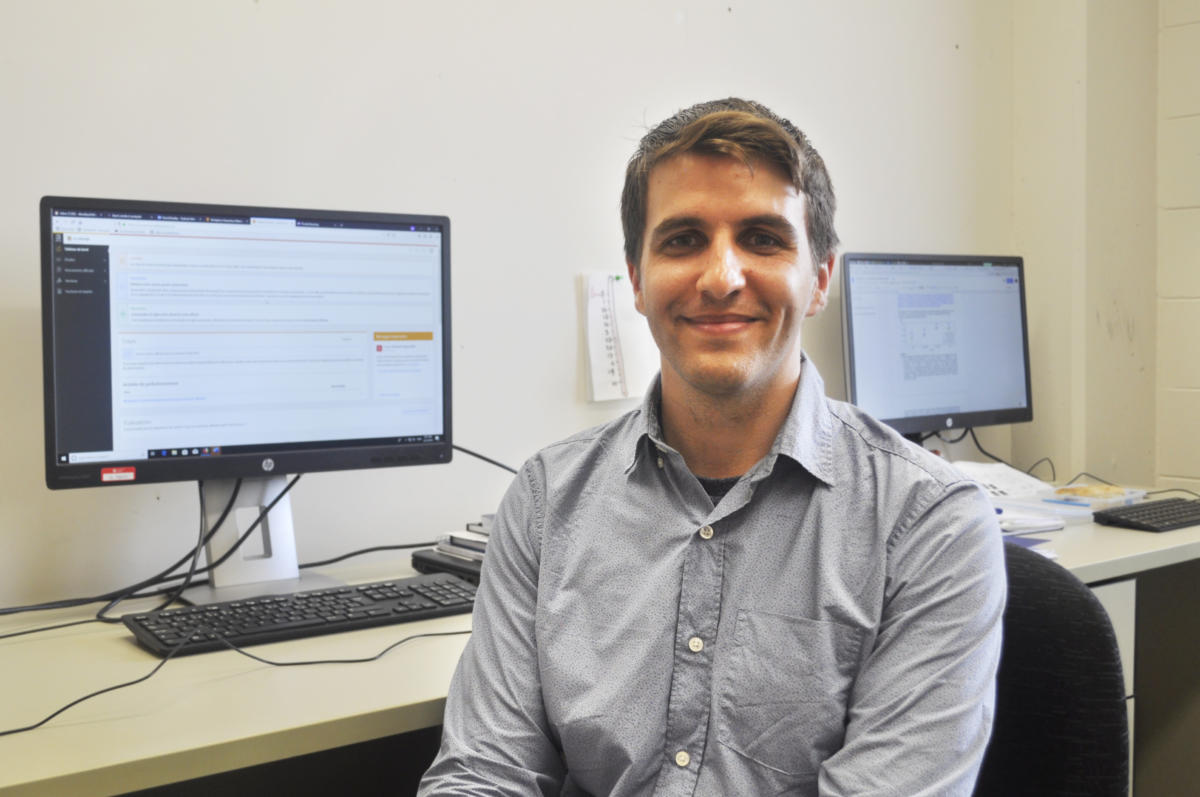David Bradley, PhD
Postdoctoral fellow / Evolutionary systems biology
e-mail: david.bradley.1 [at] ulaval.ca
Biography
I was born in Middlesbrough, which is a large industrial town in the North East of England. At the age of 18, I moved down to Cambridge to study Natural Sciences at the University of Cambridge. After four years, I graduated with a bachelor’s degree (BA) in genetics and a master’s degree (MSci) in systems biology. I then stayed on at the University of Cambridge to begin a four-year doctoral training program (DTP) with a 1+3 (master’s + PhD) structure. I undertook lab rotations in my first year to earn my second master’s degree (MRes) in biological sciences.
In 2015, I joined the lab of Dr. Pedro Beltrao at EMBL-EBI to begin my PhD studies. The focus of my PhD was on the evolution of protein kinase specificity at the active site. I gained experience in structural bioinformatics, molecular evolution, and the analysis of short linear motifs (SLiMs). I defended my PhD thesis in 2018 and graduated in 2019 with a PhD. Midway through my PhD, I undertook an internship at EMBO (Heidelberg, Germany) for three months with the editors of the Molecular Systems Biology journal.
Research interests
I am interested in evolutionary approaches to systems biology, and especially in the context of signaling. In particular, I would like to understand how constraints upon natural selection have shaped the evolution of signaling networks. Most kinase-substrate networks, for example, feature non-functional interactions between kinase and substrate that were not selected for during evolution. My goal is to understand why such spurious interactions were not simply purged by selection as these networks evolved. To address this question, I will combine approaches from bioinformatics, population genetics, and systems biology.
Publications









